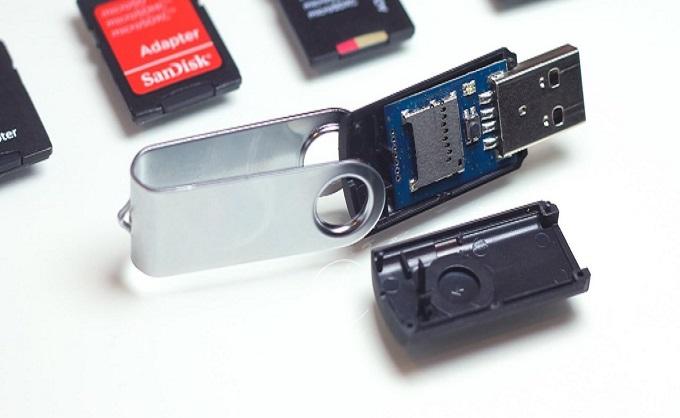Scientists at Ghent University have developed a way to store information in the form of powder. The biochemical technology can thus replace classic storage methods such as USB sticks. The research is published in the journal Nature Communications.
Scientists from Ghent University from chemistry, biochemistry and computer science have joined forces to store data in a different way. They were inspired by nature, where genetic information is stored in the DNA.
The researchers developed a chemical process in which information, such as a piece of text or a QR code, can be stored in the form of a powder.
The reading of the information is done via an analysis method that is used in biochemistry. In this way, molecules can now link directly to a website, a city plan or an app. In time, the powder method could also contain large amounts of information, such as the capacity of a USB stick. The technology is interesting because the current storage equipment will no longer be able to keep up with all that information in the future. For example, large quantities of heavy metals are required to make USB sticks or hard drives. Servers in turn consume a lot of energy to store information.
